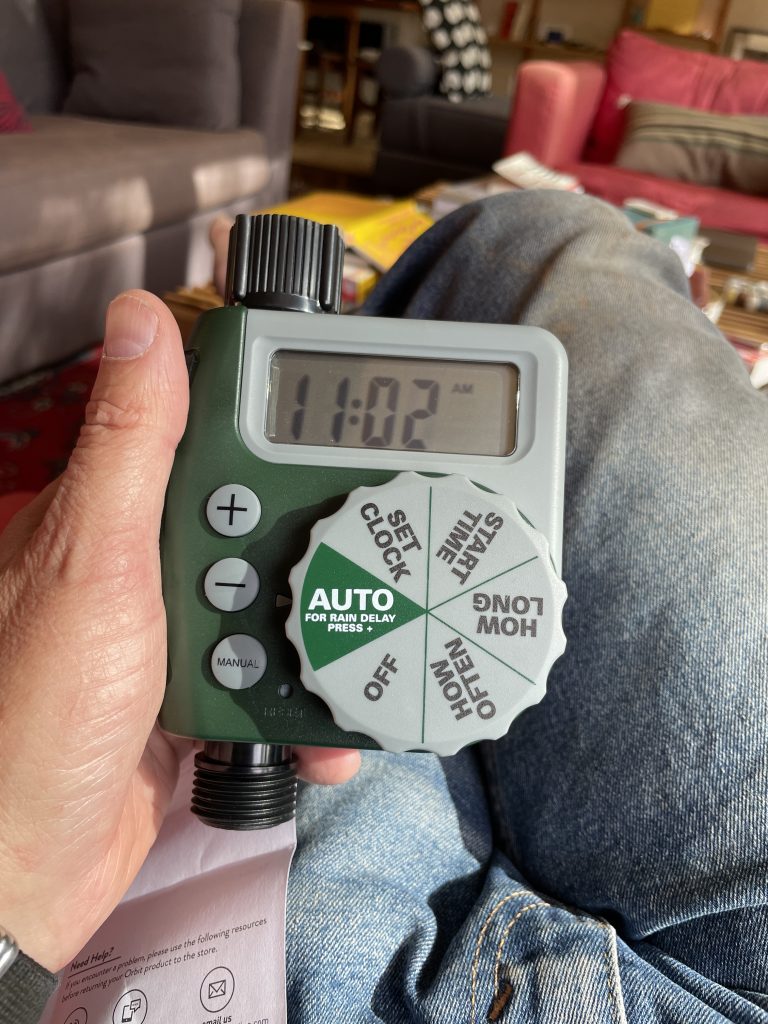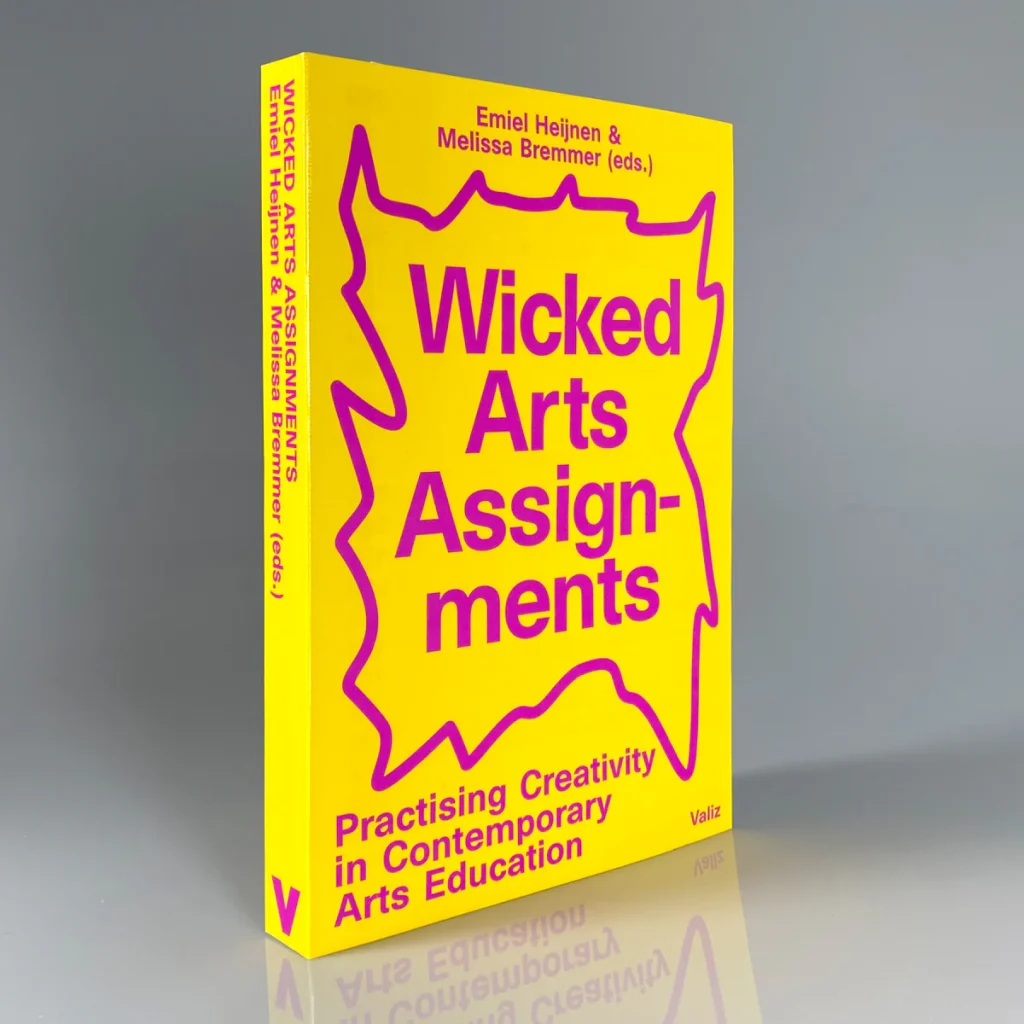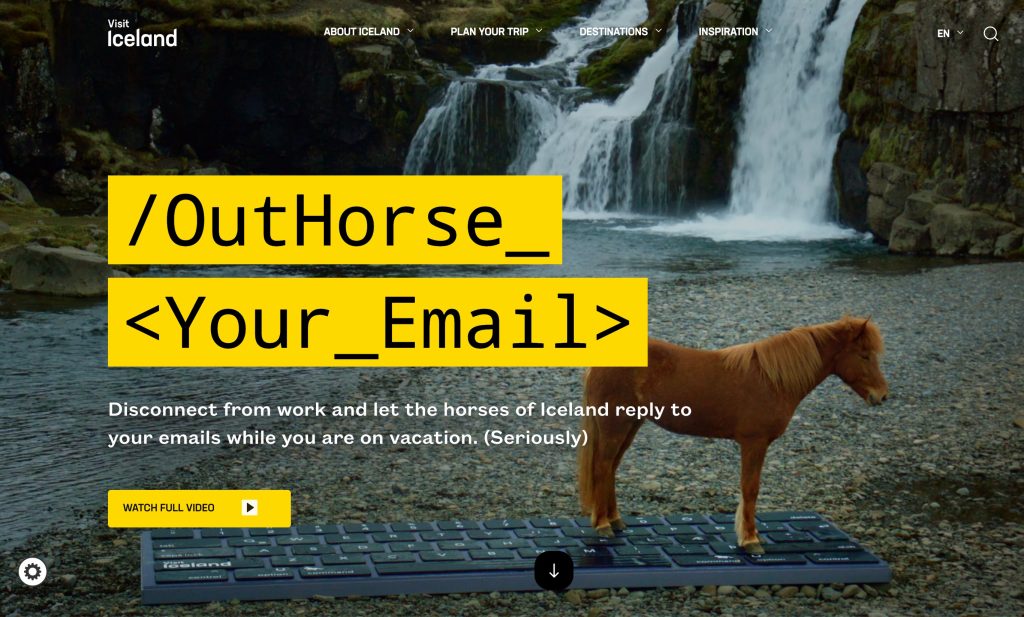Despite candidates and campaigns spending a f**k-ton of money communicating with voters, most of what their teams produce is absolutely, terribly, forgettably boring.
This year was different. We saw some incredible advertising. Or was it content?
The Many Layers of Political Communications
A political campaign communicates in a dizzyingly multi-layered way. From dog whistle messages called out at rallies, to tweets from candidates and staff. From direct mail pieces, to emails, TV, and YouTube ads/content. From surrogates speaking on news shows, to (supposedly) unaffiliated PAC campaigns. The messages shift. There are asking-for-money messages and get-out-and-vote messages. There are even, sadly, messages to suppress votes. As an example, we saw messaging encouraging Hillary voters to vote by text. Ads designed to siphon off a few voters who might have thought they’d voted when in fact they had not.
And of course, behind all this is the targeting strategy. Who you’re trying to reach, and what you want them to do. Clinton and Trump clearly targeted very different populations.
A Golden Era of Political Advertising?
As a spiritual and cultural member, I suppose, of the Obama (uh, er, um Hillary) Coalition targeted by Clinton, I loved one aspect, in particular, of Clinton’s communications: her YouTube ads. They were so (so so so) much better, to me, than the vast majority of ALL political advertising and most political communications writ large — with the exception of speeches and, of late, some tweets. They ushered in, I thought, a new golden age of political advertising. Team Clinton was not alone. Sanders pulled off some incredible advertising. And a few people down the ballot in a smattering of races across the US did as well.
Most Political Ads Are Absolutely, Terribly, Forgettably Boring
Despite candidates and campaigns spending a fuck-ton of money communicating with voters, most of the product is absolutely, terribly, forgettably boring. Like this ad, which aired about 1,200 times in Nevada during August and November of this year. I challenge you to remember what the ad was about once you get the end of this blog post. (No scrolling back up to the top to remind yourself!)
BTW the ad above is from the Political TV Ad Archive, an amazing resource put together by the Internet Archive (the people who bring you the WayBack Machine among other things). Check it out.
Sometimes, just sometimes, political advertising is transcendently good. When it, like almost all great advertising, rises above selling a product or an idea—and connects with people on a very emotional level. And this year was one of those times.
Great Ads Generally Are Not About Big Budgets. They’re About Deciding to Make Great Ads
You might say it’s about budget (“it’s a presidential election year and presidential campaigns have bigger budgets, hence betters ads”) but it’s not really about budget. It’s about a decision to advertise a certain way. Almost all the ads I’ve chosen below are basic documentary-style interviews. They’re incredible. And while they might have cost a lot to make, they certainly needn’t have. It’s often not about budget. It’s about deciding you want to do something incredible. All of the ads below are human. They give a glimpse to a candidate or a person who supports the candidate. They are stories.
Some of my favorites.
With just one exception, these are all (grrrrrrr!!!!!) for losing candidates. But don’t let that stop you from making great ads in your work. You don’t have the Electoral College between you and people buying your stuff.
This is a very YouTube piece of communication. Far too long for TV itself. It starts slow but with a sense of urgency and “something’s about to happen.” It’s fantastic story telling.
The interplay between “real time” activity at debates and on the campaign trail and the ads was brilliant.
This was a powerful Sanders ad. And it was timed to boost support for Sanders among African American voters.
Here’s that non-presidential one. Remember it’s NOT about budget. It’s about deciding you want to do something different and special. And … he lost to the incumbent. But his concession speech is making waves. So stay tuned for this guy.
This very memorable ad did come out for a winner this year. Read about the small agency that made it. A husband-and-wife team. Sound familiar?
In Contrast, This Trump Ad Looks and Sounds Like EVERY Other Political Ad Ever
Winning grrrrr.
So. WTF? Is This The End of Great Advertising?
So what happened? Why did these magnificent pieces of video fail? Well, remember they didn’t. They were part of a crazy-amazing-hard-to-keep-track-of communications campaign that got a zillion people to vote. And a couple hundred thousand more people to vote for HRC than for her opponent. But… the Electoral College is a reality in US politics. So are there any lessons for the actual loss? Yes.
Mistargeting
They were not magnificent to enough of the right people. At a core strategic level HRC could not out-do Trump’s White Dude-oalition.
Too Insidery in a Year Where People Wanted an Outsider
If this was a year for outsiders, all of HRC’s stuff was too polished and, dare I say it, slick? They were an ad person’s dream. A designer’s dream. A visual brander’s dream. There was a visual and thematic unity to them. There was thought put into the font choice. But a brand doesn’t have to be “brandy” to be a brand. Trump clearly had a brand. It looked like hell. It was inconsistent. It was boring (well the ads were—he was a lot of things I hated but he was not boring). So you could say the creative choices team Clinton made, made them happy creatively (and I’m sure they tested well with the target) but they certainly didn’t expand her base enough, or move her base enough to act.
What To Learn For Your Business Communications
Tell great stories. Don’t be afraid to be human. Know your audience. Be interesting. Be different. Both candidates did. And both marketed very well. Differently, to different audiences.
Finally
OK. Pop quiz? Describe that ad that was shown 1,200 times in Nevada. No scrolling up.



Leave a response
Responses
No responses